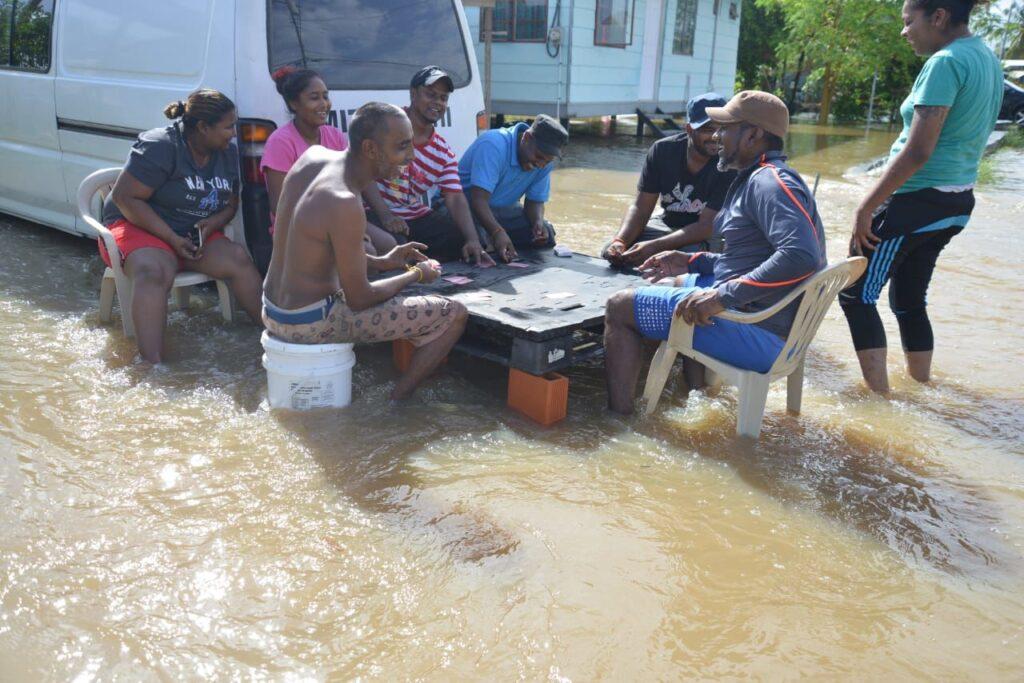Analyzing The Summary Offences Act, Chapter 11:02, of Trinidad and Tobago: Environmental Health and Citizen Rights

The Summary Offences Act, Chapter 11:02 of Trinidad and Tobago, addresses a broad spectrum of minor offences or “summary” offences, covering areas such as public safety, health, and nuisance activities. Although it primarily deals with general public order, certain provisions are relevant to environmental health and the safety of citizens, including air pollution and illegal burning.
This analysis will highlight key insights about the rights of citizens, government responsibilities, gaps in enforcement, and what individuals and agencies can do to safeguard environmental health in Trinidad and Tobago.
1. Summary of the Summary Offences Act, Chapter 11:02
The Summary Offences Act is a comprehensive law that deals with offences that can be adjudicated in magistrates’ courts without the need for a jury. The offences covered in this Act include public nuisances, disorderly conduct, violations related to public peace, and a range of minor criminal activities. Within the context of environmental health, certain sections are relevant:
- Illegal burning of waste or materials that cause nuisance or harm to public health.
- Noise pollution and disturbances that affect the well-being of citizens.
- Public nuisance caused by smoke or noxious fumes.
Penalties for violating the provisions include fines, imprisonment, or both, depending on the severity of the offence.
2. Rights of Citizens in Relation to Environmental Health and Safety
The Act indirectly provides citizens with certain rights related to environmental health. These rights focus on protecting citizens from environmental hazards like air pollution, noxious fumes, and illegal burning, which can lead to health issues. Key provisions relevant to environmental health include:
- Right to Clean Air: Citizens have the right to live in an environment free from harmful air pollutants such as smoke, dust, and fumes, particularly from unauthorized burning or industrial emissions.
- Right to Report Public Nuisance: If a person or organization engages in activities (such as illegal burning or releasing hazardous smoke) that cause harm or inconvenience to the public, citizens can report such acts to the authorities for enforcement.
- Right to Public Health and Safety: Citizens have the right to live in an environment where their health and safety are not jeopardized by pollution or hazardous activities, which are governed by the law.
3. Government and State Agencies’ Roles in Protecting Citizens’ Environmental Health
The Act mandates certain government agencies to ensure that public health and safety are not compromised by environmental hazards. Their roles include:
- Law Enforcement Agencies: These agencies, including the police and public health officers, are responsible for enforcing laws related to public nuisances and illegal burning. They are empowered to issue fines, warnings, or make arrests where necessary.
- Public Health Inspectors: The role of public health authorities is to investigate complaints related to air pollution or health hazards caused by illegal activities, such as open burning or excessive emissions. They ensure that offenders comply with legal standards.
- Local Government Bodies: Municipal bodies play a role in addressing environmental health issues at a local level. They may be responsible for managing waste disposal services and responding to reports of illegal burning or pollution.
- Environmental Management Authority (EMA): While not directly governed by the Summary Offences Act, the EMA plays a crucial role in regulating environmental pollution. It coordinates with other agencies to monitor and mitigate air quality issues.
4. Addressing Gaps in Environmental Health Management
Despite the existing legislation, certain gaps in the management and enforcement of environmental health laws persist. These gaps include:
- Inconsistent Enforcement: In some cases, offences like illegal burning or minor pollution activities may not be adequately addressed due to resource limitations or lack of coordination among agencies.
- Public Awareness: Many citizens are unaware of their rights under the Act and the mechanisms available for reporting violations related to air pollution or other environmental health concerns.
- Coordination Between Agencies: Multiple agencies are tasked with addressing environmental health, but gaps in communication and coordination can hinder timely action against offenders.
Filling the Gaps:
- Increased Public Education: Government agencies should launch more educational campaigns to inform citizens about their environmental health rights and how to report violations.
- Strengthened Law Enforcement: More resources and training should be provided to law enforcement and health officers to ensure that violations, especially those related to illegal burning and air pollution, are dealt with consistently.
- Community Engagement: Local government bodies should involve communities in environmental monitoring, encouraging citizens to report violations and participate in neighborhood clean-up and anti-pollution initiatives.
5. What Citizens Can Do to Protect Their Rights and Ensure Accountability
Citizens play a crucial role in safeguarding their own health and ensuring that government agencies are held accountable. Here’s how:
- Stay Informed: Citizens should be aware of the laws that protect their environmental health, such as the Summary Offences Act and other relevant legislation. This knowledge empowers them to take action when violations occur.
- Report Violations: Citizens should report instances of illegal burning, air pollution, or public nuisances to the relevant authorities, such as the police, the Environmental Management Authority (EMA), or local public health offices.
- Participate in Public Hearings: Citizens should engage in local government meetings, hearings, and consultations, especially those related to environmental regulations or pollution control.
- Use Legal Channels: If necessary, citizens can pursue legal action if their rights are being violated and state agencies fail to take appropriate action. This can involve filing formal complaints or petitions to higher authorities.
- Form Environmental Advocacy Groups: Citizens can create or join local advocacy groups that work to ensure environmental standards are upheld and that the government takes proactive measures to protect the community’s health.
Conclusion
The Summary Offences Act, Chapter 11:02 provides a legal framework that protects the environmental health and safety of citizens, particularly concerning issues like air pollution and illegal burning. However, there are still gaps in enforcement and public awareness that need to be addressed. Citizens, through proactive involvement, reporting violations, and holding government agencies accountable, can play a significant role in safeguarding their environment and health.
State agencies, in turn, need to improve coordination, enforcement, and public education to ensure that environmental health laws are not only on the books but effectively upheld in everyday practice.







Responses